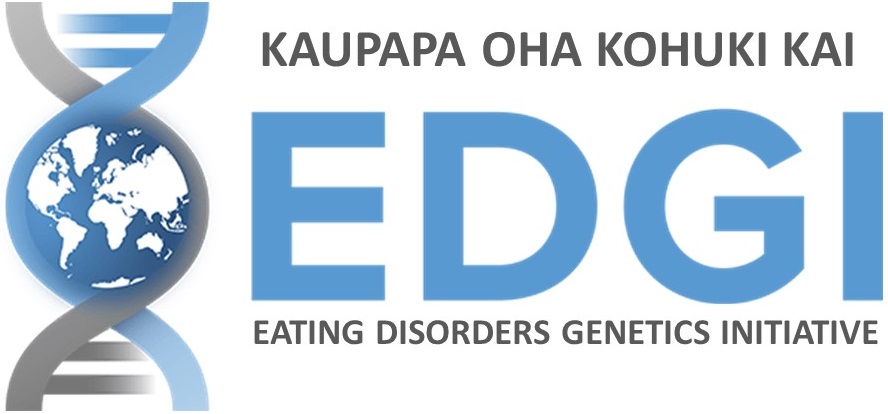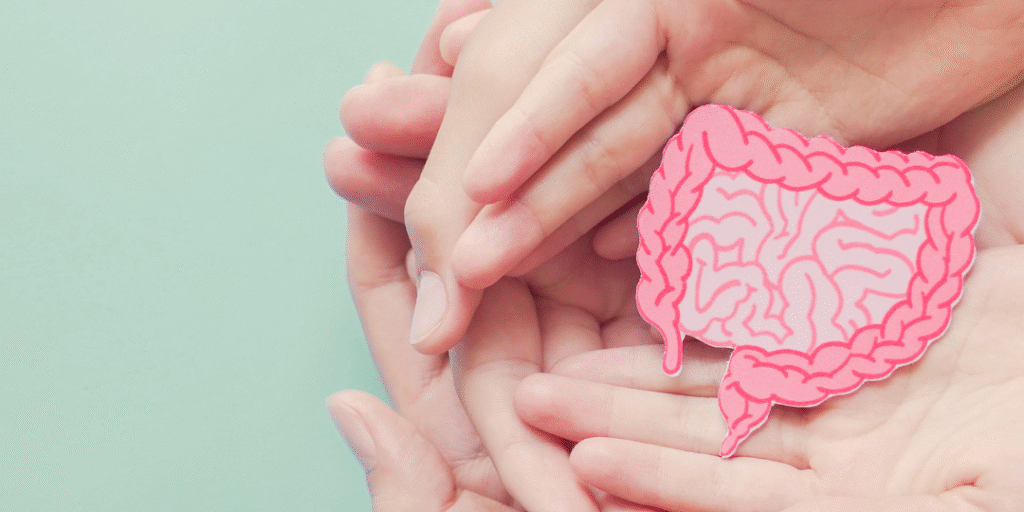Eating disorders – the carers’ perspective on treatment

During the second week of the International Conference on Eating Disorder (ICED) 2020, EDGI NZ is pleased to share the second instalment of our five-part blog series, giving you a sneak peek at some of our team’s research being presented.
Swinging Around to the Carer Perspective: Accessing Treatment for Eating Disorders in New Zealand
A second presentation delivered by Dr Jennifer Jordan, Senior Lecturer at the University of Otago and co-Lead Investigator for the New Zealand arm of EDGI, examines carers’ perspectives on access to, and the quality of eating disorders (ED) treatment received by an affected family member. Carers and families often struggle to access appropriate treatment in a timely manner for their family member living with an ED. The perspe.ctives of 134 carers/family members of those with anorexia nervosa (AN), bulimia nervosa (BN), or other EDs were analysed.
This research aims to uncover the extent of difficulties faced by carers, when attempting to access treatment for their loved ones living with an eating disorder.
Initial findings include:
- Carers report there is considerable room for improvement with regard to ease of access to treatments appropriate for their family members.
- Carers found it more difficult to access treatment for an affected family member living with BN, BED or another ED when compared to those caring for an individual living with AN.
- Quality of treatment was rated as good or very good by around half of carer participants irrespective of the affected individual’s ED diagnosis, treatment type or geographical location.
Team EDGI NZ would like to say a huge thank you to those who care for someone living with an eating disorder. Your enduring dedication is both inspiring and admirable.
The Eating Disorders Genetics Initiative aims to identify the hundreds of genes that influence a person’s risk of developing anorexia nervosa, bulimia nervosa and binge-eating disorder, to improve treatment, and ultimately, save lives. To volunteer for EDGI, head here.
If you suspect that you, or a loved one, may be living with an eating disorder, reach out to your general practitioner without delay.
Should you need to talk to a trained counsellor about any mental health issue, contact the 1737 helpline; free call or text 1737 or visit www.healthpoint.co.nz/mental-health-addictions/mental-health-addictions/1737-need-to-talk
News
Participant Stories
Sorry, we couldn't find any posts. Please try a different search.





